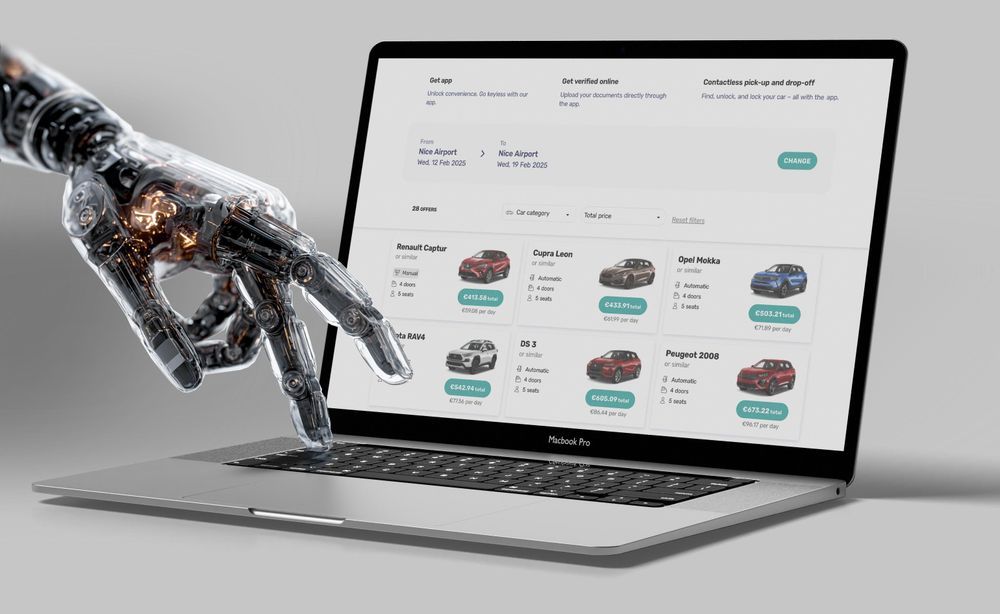Usership refers to the growing trend of choosing access over ownership. For example, instead of buying and maintaining a car, users simply pay for access when needed, whether that is for a few hours, a few days, or a quick trip using a shared car.
This reflects a broader change in how people, especially urban residents, students, remote workers, and digital nomads, think about mobility. Usership gives them the freedom to move without being tied down. With services such as car rental, car sharing, and ride-hailing, usership prioritises flexibility, convenience, and cost-efficiency over long-term commitments. Since users only pay for access when needed, they avoid the usual responsibilities of ownership, such as insurance and maintenance. It is also more financially accessible, as there is little sense in investing tens of thousands into a car that spends most of its time parked, with its value depreciating over time.
Usership is not only practical but also more sustainable. By maximising the use of each vehicle and reducing the number of cars that sit idle, shared mobility helps lower emissions, ease traffic congestion, and reduce the environmental footprint of personal transport. It offers an efficient and forward-thinking solution that is shaping the future of mobility.



